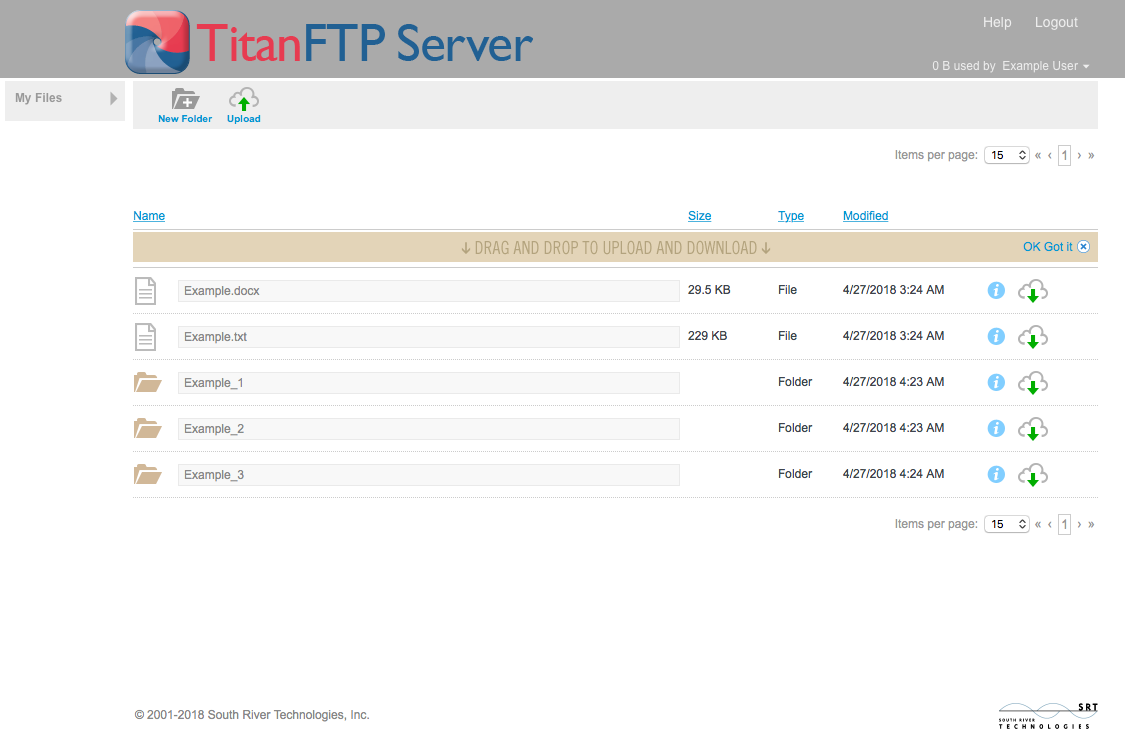
The recent launch of Google+ has come with a lot of fanfare and a great deal of excitement, but like any social network there are always people concerned with privacy. One of the concerns that people have about Google+ has to do with information about sexual preference. The reason? According to some privacy advocates, Google+ competitor Facebook could be used to out gay users. So, can Google+ be used to out gay users in the same way?
In a nutshell, no.
Google+, the new Facebook-like social platform released by Google this month, has little potential to out closeted gays for two reasons:
-
It doesn’t ask the sexual preference of users and
-
It doesn’t allow advertisers to target users by sexual preference (which it doesn’t “know” anyways).
Compared to the outing opportunities on Facebook, closeted Google+ users haven’t much to worry about at all.
Privacy concerns for closeted Facebook users, however, are real. As you probably already know, Facebook users are able to declare their sexual preference in their profile. While Facebook allows users to make this information completely private, Facebook advertisers are free to put that knowledge to use. Users who state a preference for same sex relationships are shown ads for things like gay dating sites and other gay-oriented ads, which in turn can be tracked.
If a closeted gay Facebook user clicks on an ad, a fairly simple process can be used to ‘tag’ the users computer, and unless the user clears his or her cookies, they can be identified as someone who clicked on a gay-oriented ad wherever they go. Retargeting ads, for example, can continue to show them gay oriented ads across the Internet.
While the way Facebook handles gay privacy doesn’t seem like such a bad thing on the surface – targeted ads are a good thing, and the users DO have to declare their same-sex preference – imagine if someone who is trying to keep their preference a secret loans their computer to a family member. Because it’s so easy to track anyone who clicks on a gay-friendly ad and track them across the Internet, gay-themed ads would show up on the loaned-out computer, and it wouldn’t be long before people start asking uncomfortable questions.
The good news is Google+ has no option for sexual preference in its profile section. Neither does it allow advertisers to target users based on profile information. Google’s cautious approach to privacy is likely due to ongoing woes concerning privacy issues. In 2005, Google faced a dust-up in court with the US Department of Justice, the court ruled only partially in Google’s favor; and in 2007, Privacy International gave Google its lowest ranking, calling the search giant “hostile to privacy.” In response, CEO Matt Cutts wrote in his blog, “…a company can work hard on privacy issues and still get dragged into the mud.”
While Google has sidestepped the issue of outing gays by simply leaving the question off the table, there is a wee privacy flaw in Google’s “Share” feature. It allows photos shared with a users “friends” circle to be re-shared without the user’s permission. This means a telling photo that is shared only with the user’s own gay-friendly circle could be re-sent by circle members to any of their friends or fans. But, isn’t that pretty much true of all media sharing? What can Google do about that?
In a nutshell, Google+ cannot be used to out gays, at least not by Google+ marketers and advertisers.
Author Jason Lancaster is an Internet marketing consultant working with GayDatingSites.com, a website offering gay dating website reviews.









Comments